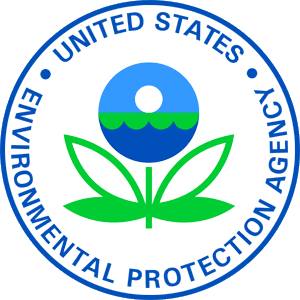
The release Monday of the Environmental Protection Agency’s final human health toxicity assessment for GenX chemicals represents a key step in advancing the scientific understanding of these toxins and their effects on human health, officials said Monday.
Across the country, including in southeastern North Carolina, GenX chemicals, part of the per- and poly-fluoroalkyl substance, or PFAS, group, have been found in surface water, groundwater, drinking water, rainwater, and the air.
Supporter Spotlight
The final GenX chemicals toxicity assessment is a step closer to developing a national drinking water health advisory for GenX chemicals, which the agency committed to publishing in Spring 2022 as part of the PFAS Roadmap that EPA Administrator Michael S. Regan’s announced the PFAS Roadmap last week. The roadmap details the whole-of-agency approach to addressing PFAS. During his announcement Oct. 19 he said to expect the release of this final assessment.
“Research establishes a foundation for informed decision making and it is one of the central strategies of EPA’s PFAS Roadmap,” said Assistant Administrator for Water Radhika Fox in a statement. “This science-based final assessment marks a critical step in the process of establishing a national drinking water health advisory for GenX chemicals and provides important information to our partners that can be used to protect communities where these chemicals are found.”
The final assessment for GenX chemicals looks at the potential human health effects associated with oral exposure.
The Southern Environmental Law Center represents Cape Fear River Watch in litigation to stop pollution into the Cape Fear River from the Chemours Fayetteville Works facility in North Carolina. News broke of the pollution in June 2017, while Regan was North Carolina’s Department of Environmental Quality’s secretary.
The final human health toxicity assessment for GenX underscores the importance of regulating PFAS as a class of chemicals and the need to stop harmful pollution at its source under existing laws, according to the center.
Supporter Spotlight
“Today’s toxicity assessment is further confirmation that the more we learn about these chemicals, the more we learn that they must be treated as a class; no community should have to suffer from harmful PFAS as we wait for research to confirm their toxicity,” said Geoff Gisler, senior attorney and leader of the Clean Water Program at the Southern Environmental Law Center who led litigation against Chemours in North Carolina. “This more stringent GenX toxicity assessment is why it’s so vital to our families and communities that DEQ, and state agencies nationwide, must impose stringent limits on PFAS using existing authority when issuing water permits to polluters.”
The law center’s litigation led to a consent order among Cape Fear River Watch, the state and Chemours to stop at least 99% of PFAS pollution at its source that contaminated the Cape Fear River, according to the release.







